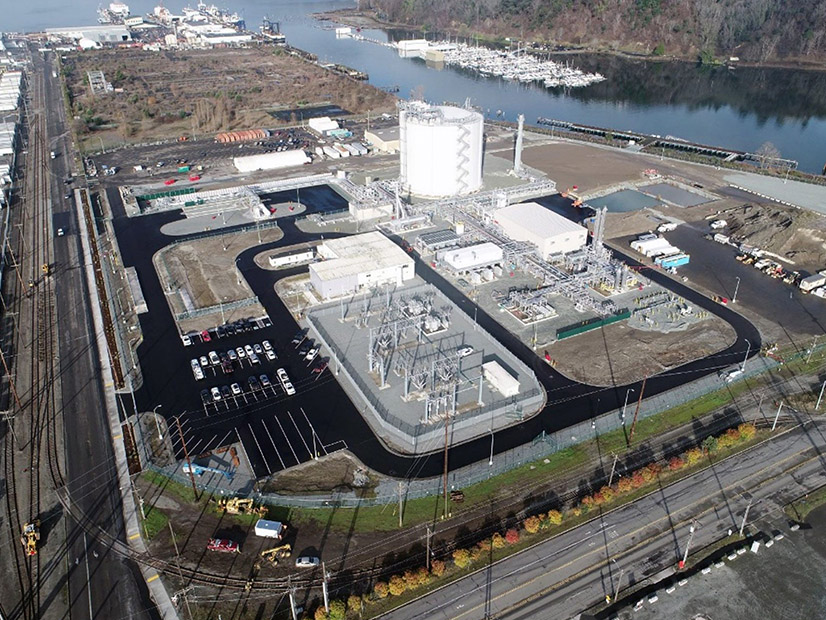
Washington’s Department of Ecology confirmed Tuesday that it raised almost $300 million from the state’s first quarterly cap-and-trade auction held in February.
According to the public proceeds report released Tuesday, the auction’s exact take was $299,983,267, in line with initial estimates released March 7. The report is intended to double-check those figures and provide state lawmakers with a clear picture of how much revenue is available to spend on programs to be supported by the auctions. (See Washington’s 1st Cap-and-Trade Auction Nets Nearly $300M.)
The proceeds have been deposited into the state’s treasury, according to the Ecology Department.
All 6,185,222 current vintage allowances were sold at a settlement price of $48.50 during February’s auction. The agency’s auction summary report issued earlier this month showed that 56 companies, utilities and public institutions bid into the auction, but it did not indicate which bidders were successful. Each allowance entitles a holder to emit one ton of greenhouse gases.
The 2021 Climate Commitment Act (CCA) created Washington’s cap-and-trade program and also established three funds to receive the revenue raised, including the:
- Carbon Emissions Reduction Account, for projects that reduce transportation carbon emissions and support public and alternative transportation.
- Climate Investment Account, used for the administration of the CCA and projects “that support the transition to clean energy, ecosystem resilience, and carbon sequestration.”
- Air Quality and Health Disparities Improvement Account, for projects that help reduce criteria pollutants and health disparities in disadvantaged communities.
Programs funded from all three accounts are subject to appropriation by the legislature.
In January, Washington officials told the Washington Senate Transportation Committee that the cap-and-trade auctions could raise almost $1.5 billion through fiscal 2024 and reiterated their contention that a new low-carbon fuel standard will raise gas taxes by about one penny per gallon.
Later this legislative session, the state Senate and House plan to allocate revenue from the first cap-and-trade auction. The Ecology Department estimates $484 million in cap-and-trade revenue for fiscal 2023 (July 1, 2023 to June 30, 2024) and $957 million in fiscal 2024.
Robert Mullin contributed to this article.


